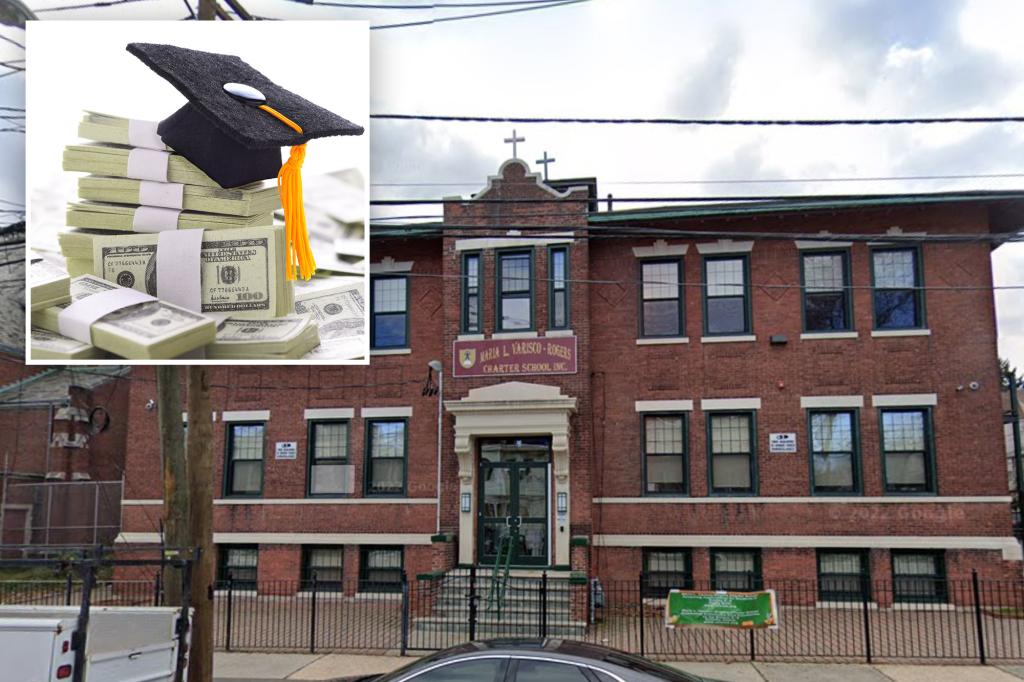Teresa Segarra and her husband Jose Segarra are educators in New Jersey, making over $600,000 per year combined. They reportedly live in Florida and only make a few visits to the school each year. Public records show that their full-time address is in Coral Gables, near Miami, which is 1,200 miles away from the school in Newark where they work.
Teresa Segarra is the superintendent of Maria L. Varisco-Rogers Charter School and is the fourth highest-paid superintendent in the state. She earns $301,600 annually, but in 2023 she made a total of $323,636. Her husband, Jose Segarra, is the school’s business administrator and earns $257,802 per year, which is more than all but 22 other school superintendents in the state. Their high salaries have made them two of the state’s highest-paid educators.
The New Jersey First Act, which was enacted in 2011, prohibits public employees from living out-of-state. This includes police officers, public school teachers, and administrators. While there have been exemptions granted in the past, there is no record of the Segarras ever filing for one. The couple’s reported residency in Florida while working in New Jersey raises questions about potential violations of state law.
Despite attempts to reach out for comment, the couple could not be reached by the media for a statement. The discrepancy between their reported residence in Florida and their high-ranking positions in New Jersey has raised concerns about potential misuse of public funds or violation of state regulations. The situation highlights the need for transparency and accountability in the education system, particularly when it comes to the salaries and residency requirements of top administrators.
The case of the Segarras brings attention to the issue of high salaries for educators and administrators in New Jersey. With Teresa Segarra being one of the highest-paid superintendents in the state and her husband Jose Segarra also earning a substantial salary, questions have been raised about the fairness and transparency of the compensation system for educators. The lack of disclosure or explanation from the couple only adds to the mystery surrounding their residency and high salaries.
Overall, the situation involving the Segarras shines a light on the complexities and potential loopholes in state regulations governing public employees, particularly in the education sector. The need for greater oversight, accountability, and adherence to residency requirements is crucial to ensure that public funds are being used appropriately and that educators are held to the highest standards of integrity in their positions. The case serves as a cautionary tale for other educators and administrators to uphold ethical standards and comply with state laws to avoid similar controversies.


